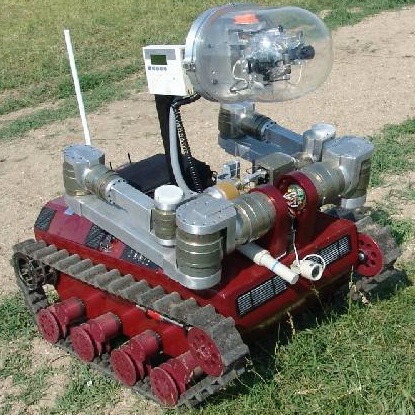The fast-growing demand for fully autonomous aerial operations in shared spaces necessitates developing trustworthy agents that can safely and seamlessly navigate in crowded, dynamic spaces. In this work, we propose Social Robot Tree Search (SoRTS), an algorithm for the safe navigation of mobile robots in social domains. SoRTS aims to augment existing socially-aware trajectory prediction policies with a Monte Carlo Tree Search planner for improved downstream navigation of mobile robots. To evaluate the performance of our method, we choose the use case of social navigation for general aviation. To aid this evaluation, within this work, we also introduce X-PlaneROS, a high-fidelity aerial simulator, to enable more research in full-scale aerial autonomy. By conducting a user study based on the assessments of 26 FAA certified pilots, we show that SoRTS performs comparably to a competent human pilot, significantly outperforming our baseline algorithm. We further complement these results with self-play experiments in scenarios with increasing complexity.
翻译:随着在共享空间内进行完全自主航空任务的需求快速增长,需要开发可靠的机器人代理,能够在拥挤、动态的空间中安全、无缝地导航。在本文中,我们提出了一种名为SoRTS的社交机器人树搜索算法,用于社交领域移动机器人的安全导航。 SoRTS致力于利用蒙特卡罗树搜索规划程序来改进现有具有社交意识的轨迹预测策略,以提高移动机器人下游导航的效率。为了评估我们的方法性能,我们选择了通用航空社交导航的应用案例。为了帮助这种评估,在这项工作中,我们还引入了X-PlaneROS,这是一个高保真度的空中模拟器,以实现更多全尺寸空中自主性的研究。通过进行基于26个经过FAA认证的飞行员评估的用户研究,我们展示了SoRTS的性能与一位能干的人类飞行员相当,明显优于我们的基线算法。我们还通过在不断增加的复杂场景中进行自我游戏实验来补充这些结果。




